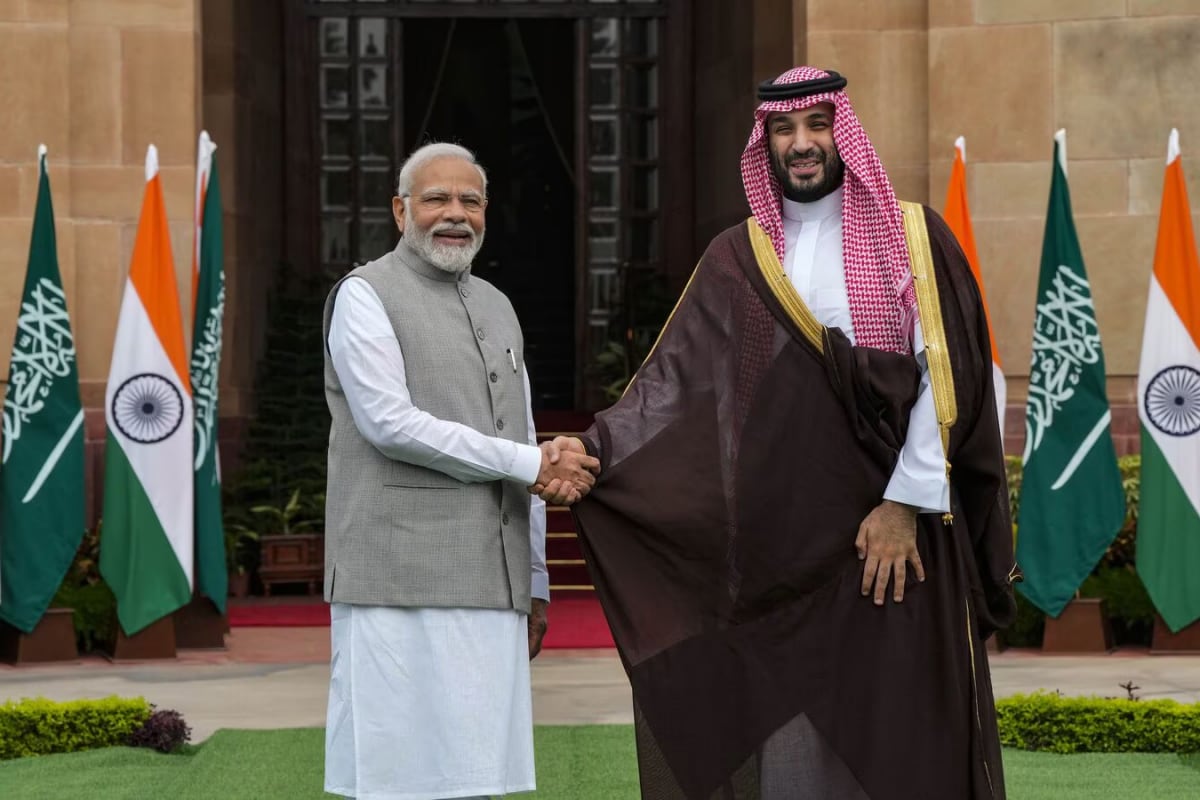

India has reportedly agreed to exempt Saudi Arabia's Public Investment Fund (PIF), the Kingdom's sovereign wealth fund, from certain foreign portfolio investment (FPI) rules. This decision aims to attract increased capital inflows and strengthen financial ties between the two nations.
The existing FPI regulations in India consolidate investments from various sovereign entities and cap them at 10% in a single company. According to sources, these rules have restricted the PIF's subsidiaries from making independent and larger investments in the Indian market. The exemption will now allow the fund's different arms to invest separately, providing them with greater flexibility in deploying capital into Indian equity markets without breaching regulatory thresholds.
The Saudi Public Investment Fund is one of the world's largest sovereign wealth funds, managing approximately $925 billion in assets. Currently, its exposure to the Indian market is limited, with investments of $1.5 billion in Jio Platforms and $1.3 billion in Reliance Retail. The new exemption is expected to encourage the PIF to expand its investments across various sectors in India.
This policy shift comes against the backdrop of increasing economic cooperation between Saudi Arabia and India. During Indian Prime Minister Narendra Modi's visit to Saudi Arabia in April, both countries agreed to promote investments in key areas, including energy, infrastructure, and pharmaceuticals. Furthermore, India and Saudi Arabia are currently negotiating a bilateral investment treaty (BIT), with both sides expressing a desire to finalize the agreement at the earliest.
To expedite Saudi Arabia's plan to invest $100 billion in India, a high-level task force was established in 2024. A joint statement released in April highlighted the significant progress made by the task force in areas such as taxation, which is expected to further enhance cooperation between the two countries. There are also indications that the Indian government is considering additional tax relief measures for the PIF to support investments in India's infrastructure and energy sectors.
India, the world's third-largest oil importer, is seeking to attract long-term capital from energy-rich Gulf nations. Meanwhile, Saudi Arabia aims to diversify its investments in rapidly growing economies like India as part of its Vision 2030 diversification strategy. By offering this exemption to the PIF, India aims to deepen its economic partnership with Saudi Arabia and attract substantial long-term investments, particularly in strategic sectors. The move is seen as mutually beneficial, providing the Saudi fund greater flexibility and encouraging more long-term, stable investments in the Indian economy.